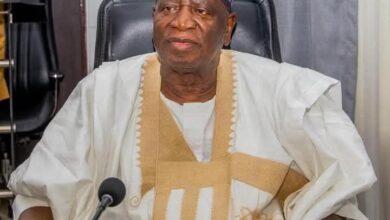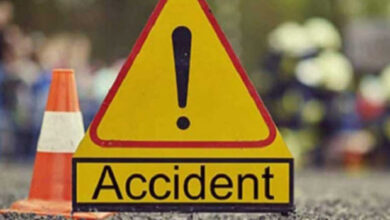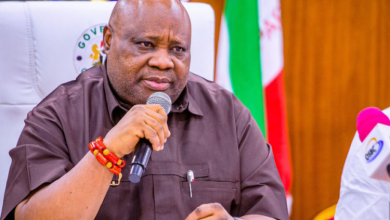COVID-19 Booster Shots Approved in Nigeria Amidst Omicron Variant

The Federal Government has approved COVID-19 booster shots as the world battles to contain the new Omicron variant.
In a statement issued on Friday, the Head of Public Relations Unit, the National Primary Healthcare Development Agency, Mohammad Ohitoto, explained that the booster shots are for those who have taken their first and second douses of AstraZeneca, Moderna, Pfizer Bio-N-Tech, or 1 dose of Johnson & Johnson vaccine.
He quoted the Executive Director of the agency, Dr. Faisal Shuaib, as saying that the booster doses are for people from 18 years and above.
“Time interval of 6 months or more after receiving the second dose of AstraZeneca, Moderna or Pfizer Bio-N-Tech,” the statement added. “Time interval of 2 months or more after receiving the Johnson and Johnson vaccine.”
Eligible Nigerians are therefore advised to go to the closest health facility/mass vaccination sites nationwide for the booster doses starting from the 10th of December.
“COVID-19 booster dose gives greater protection against the virus and urged all Nigerians to take advantage of the opportunity offered by the Federal Government of Nigeria,” Faisal was quoted as saying.
The approval of the booster doses in Nigeria is coming at a time when the world is battling the Omicron COVID-19 variant.
While the country confirmed its first cases of the variant a few days back, South Africa was the first nation to detect the strain although new reports suggest that it might have been in other parts of the world.
Several countries, including Canada, in reaction to the detection of the strain, have banned travels from southern Africa as well as Nigeria.
The move has generated a series of debates with the South African government faulting the travel ban imposed on the country.
“It is quite regrettable, very unfortunate, and I will even say sad, to be talking about travel restrictions imposed by a fellow African country,” South Africa’s foreign ministry spokesman Clayson Monyela said.
“What I don’t understand is that some of these African countries that are doing this, know the struggles (that) as a continent we have, where European countries will take this decision and impose travel bans,” he said.



